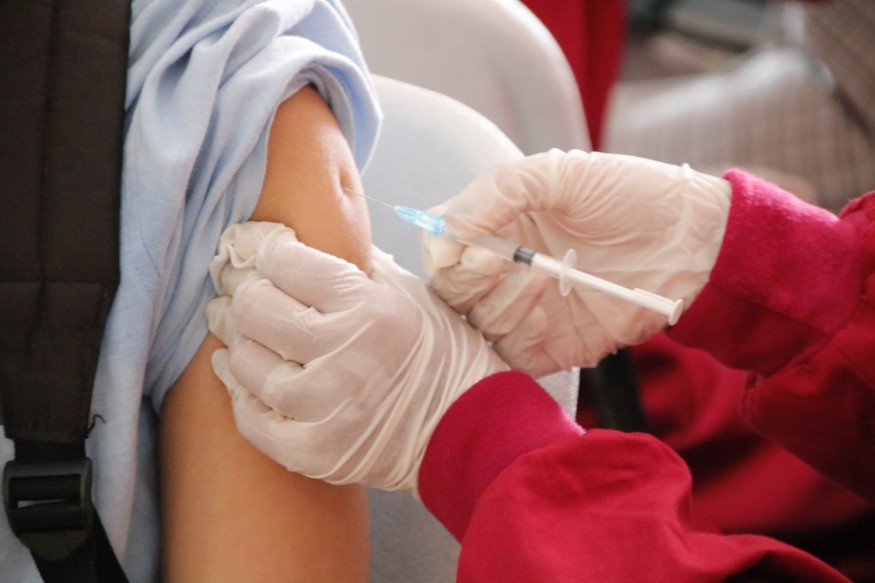A new study published in The Lancet Rheumatology showed that people with systemic lupus erythematosus (SLE) who had a booster vaccine of SARS-CoV-2 are half as likely to get COVID-19 infection afterward. The patients who participated in the study were New York University Lupus Cohort patients.

Systemic Lupus Erythematosus Patients Show Impressive Response To SARS-CoV-2 Vaccine
The researchers surveyed 163 fully vaccinated men and women receiving lupus treatment. Yet only 125 people among the participants received the third dose or booster shot of the vaccine. All were monitored for any complaints of infection between December 2021, and February 2022.
Based on the report, 44 patients had a breakthrough infection, while two were hospitalized. Forty-two percent of the patients did not receive a booster, while 22% received it. Forty-two of the infections happened after the virulent omicron that emerged in the city. During the surge, it is the highly infectious omicron (B.1.1.529) BA.1 variant of SARS-CoV-2 dominated.
When researchers compared the participants' blood antibody levels before and after receiving the booster shot, they discovered that even though the lupus patients were immunosuppressed, their levels of protective antibodies immediately increased. Previous research had shown that these antibody levels were lower in lupus patients who had had their initial vaccinations, which raised concerns about decreasing immunity over time.
"Our study results offer people living with systemic lupus erythematosus (SLE) clinical confirmation that vaccines are highly effective at guarding against severe COVID-19, despite their increased risk of catching the disease," Dr. Amit Saxena, study co-author, and rheumatologist said in a press release in NYU Langone Health.
Saxena is an assistant professor and lupus specialist at NYU Langone and NYU Grossman School of Medicine in New York City.
Saxena continued by saying that the COVID-19 vaccination boosters, or third doses, provided an additional, double-layered layer of defense against infection breakthrough. Even when SARS-CoV-2 infections occurred, people with SLE who had received the complete vaccination typically experienced mild symptoms.
Researchers warn that additional patient monitoring is necessary to determine whether there is an antibody cutoff level below, which SLE patients are more susceptible to SARS-CoV-2 infection.
The hospitalization rates for SLE patients at NYU Langone during the first wave of the pandemic in spring 2020 were more than twice as high as those for those without the illness. Yet, the researchers noted that mortality rates were the same.
Read also: Lambda COVID Variant Potential Threat and Vaccine Resistance: What Will Scientists Do Now?
Systemic Lupus Erythematosus and SARS-CoV-2 Vaccine Related Study
In 2021, World Lupus Federation Global Survey surveyed more than 6,100 lupus patients from more than 85 countries to discuss their recent COVID-19 pandemic experiences and opinions on the COVID-19 vaccines. Fifty percent of survey respondents stated that they had less access to at least one aspect of lupus healthcare over the previous three months. It included less access to their lupus doctor or rheumatologist (36%), medical tests (29%), and medicines (17%).
Another study published in The Rheumatologist showed that COVID-19 vaccines are safe for people with systemic lupus erythematosus (SLE), with controllable side effects and a low rate of flare.
RELATED ARTICLE : Normal Appearing Skin of Lupus Patients Found Vulnerable to Rash, Changes Due to Genetics and Blood Activities
Check out more news and information on Medicine and Health in Science Times.
© 2026 ScienceTimes.com All rights reserved. Do not reproduce without permission. The window to the world of Science Times.












